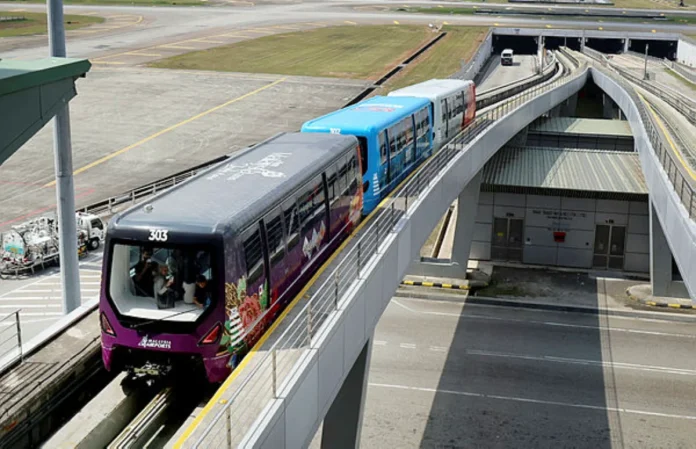Expert calls for transparent testing and independent verification after KLIA Aerotrain breakdowns highlight governance gaps in major projects
PETALING JAYA: The KLIA Aerotrain frequent breakdowns have brought to light a bigger national problem – Malaysia builds major infrastructure projects faster than it builds accountability, leaving systems that look modern but fail under weak oversight and testing.
MY Mobility & Vehicle (MMV) chief strategy officer Rahman Hussin said Malaysia’s current project delivery model is not effectively managing technical risks for complex transport systems.
“Our approach still treats these projects as construction contracts rather than as integrated engineering ecosystems that require continuous assurance from design to operation.”
Rahman said globally, major transit systems undergo transparent, independently verified testing phases – from testing and commissioning (T&C), and site integration testing (SIT) to trial operations and a free fault run (FFR), during which the system must operate continuously without failure before certification.
“If any of the phases were shortened, combined, or handled by the same parties managing the project, technical risk rises sharply.
“The Aerotrain disruption shows that our assurance frameworks still prioritise completion deadlines over operational certainty.”
Rahman said regulators must urgently tighten performance guarantees and require independent verification of reliability benchmarks for critical airport systems.
“Regulators need to go beyond defect-liability clauses and enforce measurable reliability, availability and maintainability (RAM) parameters.”
Such standards, he added, should include system availability of at least 99.5% and defined mean time between failures – both verified by independent assessors.
Rahman urged the Transport Ministry and Land Public Transport Agency (APAD) to publicly disclose key performance metrics, including:
duration of T&C;
duration of SIT;
duration of trial operations;
whether the rolling stock passed the FFR; and promised RAM parameters.
“Transparency on these five would reveal whether the problem lies in the system itself or in governance oversight.
“Tightening frameworks isn’t about blame – it’s about giving passengers confidence that safety was proven, not assumed.”
Rahman said MAHB responded swiftly to recent disruptions, but restoring trust requires more than quick fixes.
He urged MAHB to publish a simple technical chronology of the Aerotrain project – when each test phase occurred, who verified it, what reliability benchmarks were set and what corrective actions are now under way.
“Globally, airport operators like Heathrow and Changi regain public trust by releasing post-incident reviews and publishing real-time performance dashboards.
“Malaysia should embrace the same culture of transparency.
“The public doesn’t expect perfection, they expect honesty.”
Rahman stressed that the core lesson from global airports is that governance is infrastructure.
“Changi, Incheon and Heathrow rely on permanent technical regulators and independent safety assessors – not temporary contract teams.”
He urged Malaysia to strengthen APAD’s technical division or re-establish an independent Land Public Transport Commission (SPAD 2.0) with statutory authority, engineering continuity and autonomy from political cycles.








